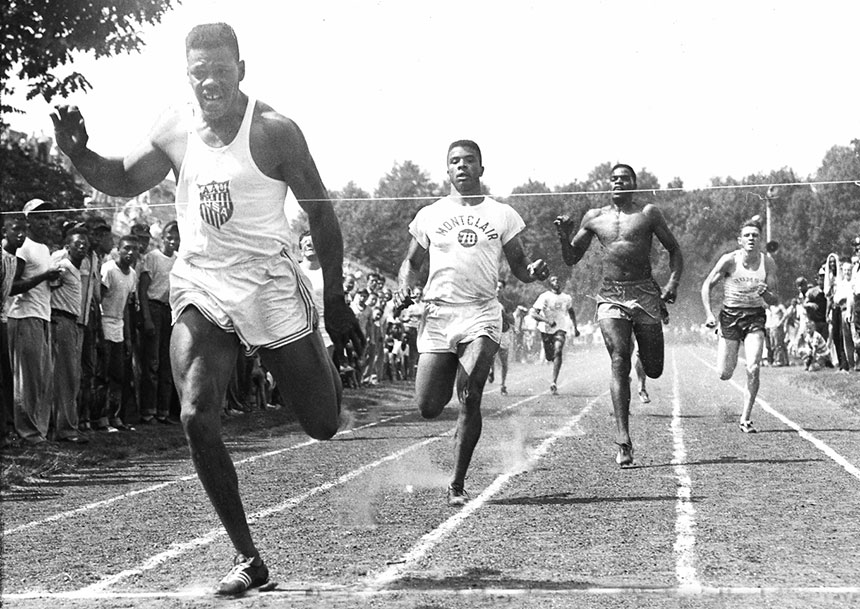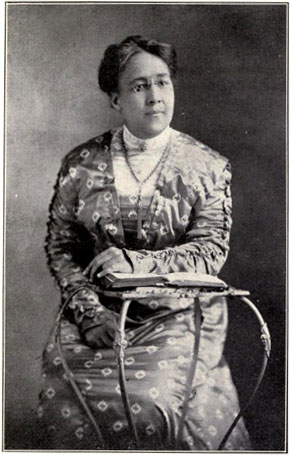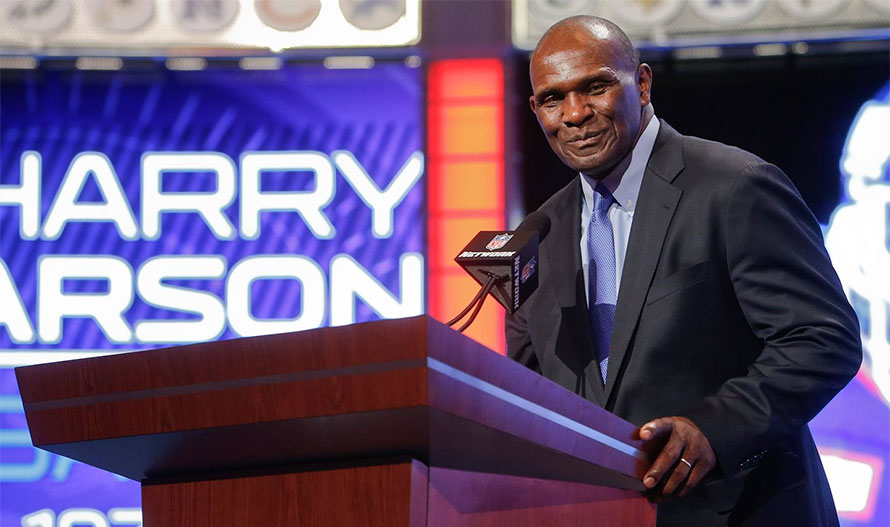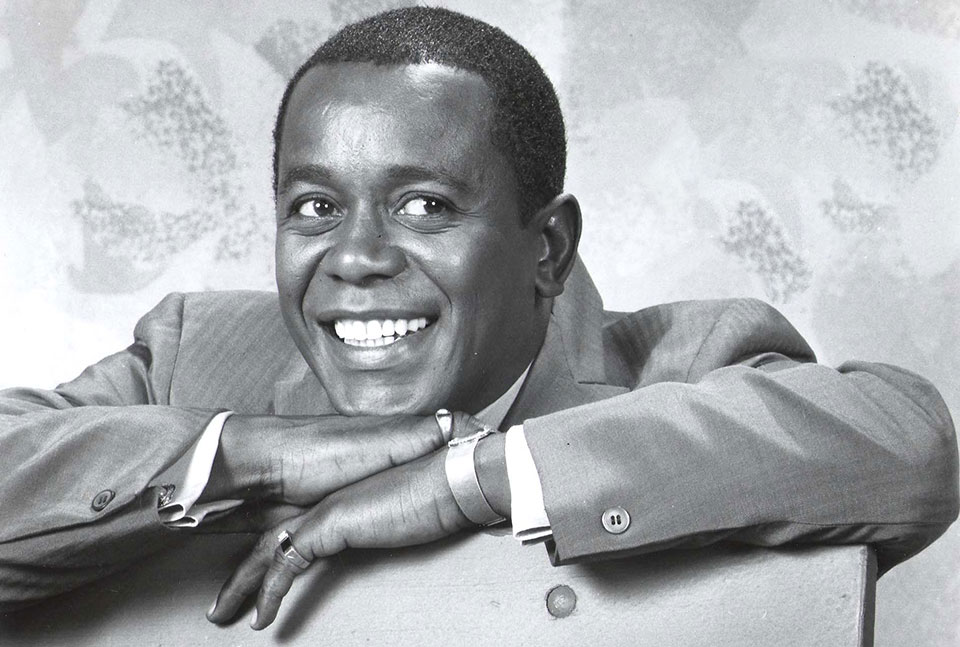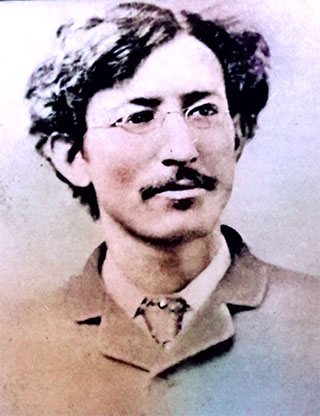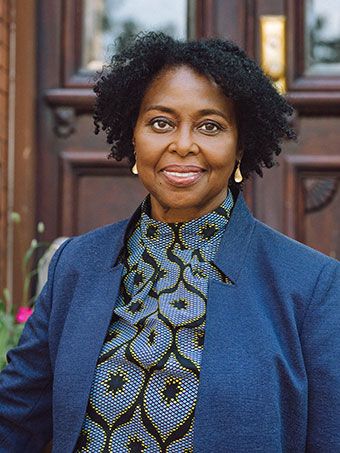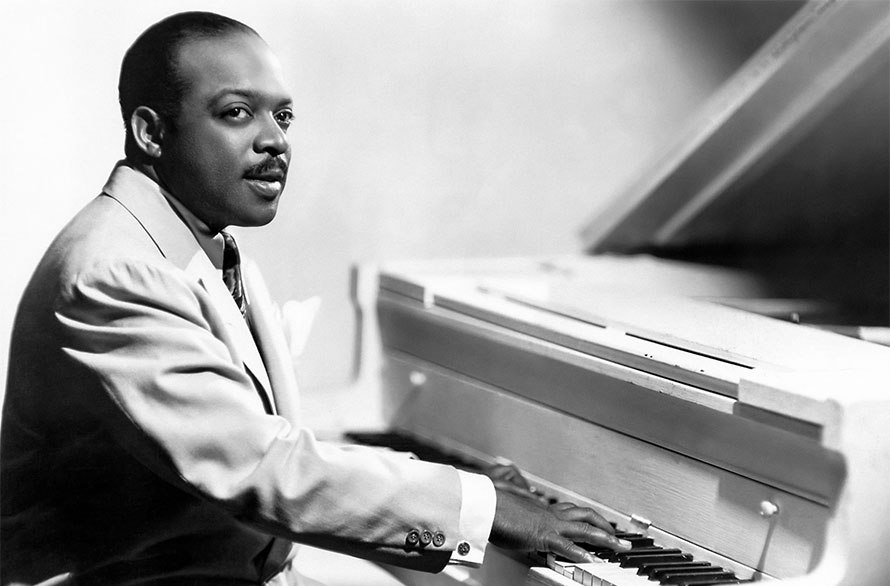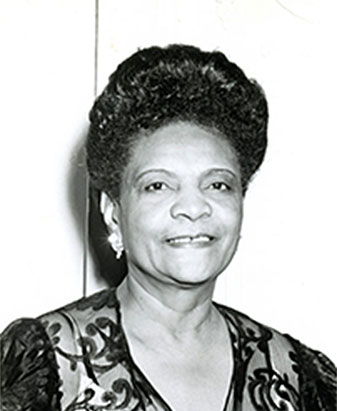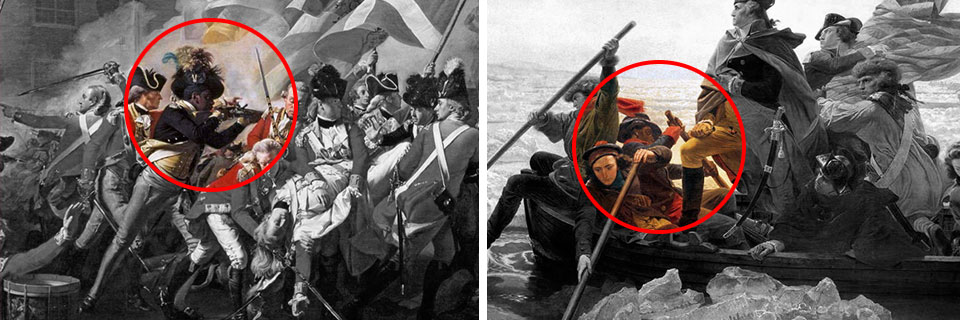The Greatest Athlete No One Knows?
Born in Plainfield in 1933, Milt Campbell had an affinity for athletic competition from an early age.
He was a top performer at Plainfield High School in track and field (where he set state records in the high jump as well as the high and low hurdles), football (where he scored 140 points as a fullback) and swimming (where he helped dispel a common myth of the era that black people could not swim well). Not surprisingly, Campbell was named High School Athlete of the Year by Track and Field News in 1952.
Campbell soon set his sights on the Olympics and trained for the most punishing of Olympic events – the decathlon. He made the 1952 team at the age of 18 and won the silver medal, losing the gold to the legendary Bob Mathias. Four years later he became the first black man to win the decathlon.
He returned to the states with little fanfare. While other decathlon champions before and after Campbell were proclaimed the world’s greatest athlete and sought for political office (Bob Mathias and Rafer Johnson) or for advertising campaigns (Bruce Jenner) or for television work (Bill Toomey), Campbell toiled in anonymity.
“I am probably the greatest athlete this country has ever seen,” Campbell once said in frustration (an assessment with which long-time Olympic chronicler Bud Greenspan agreed). “I have paid my dues but the advertising and commercial worlds don’t call me.”
With Olympic medals in tow, Campbell tried out for and won a roster spot with the Cleveland Browns of the National Football League in 1957. Campbell shared backfield duties with the legendary Jim Brown.
Controversy followed his one season in Cleveland when Paul Brown, owner of the team, found out Campbell had married a white woman. When Brown expressed his displeasure, Campbell told Brown it was none of his business. The next day Campbell was looking for work.
Campbell closed out his football career in Canada where he played until 1964.
Campbell’s later years saw him lose a lot of money in the trucking business but saw him gain a measure of success as a motivational speaker.
Some acknowledgments did come to Campbell later in life. He was inducted into the U.S. Olympic Hall of Fame in 1992, the N.J. State Interscholastic Athletic Hall of Fame in 1997, and the N.J. Hall of Fame in 2012, the year he died.



